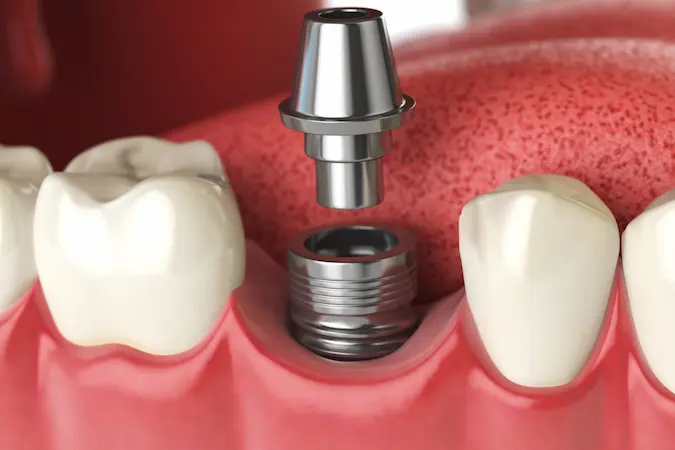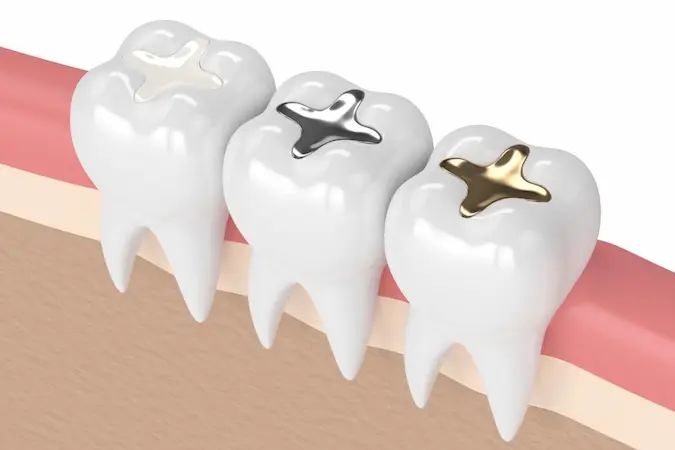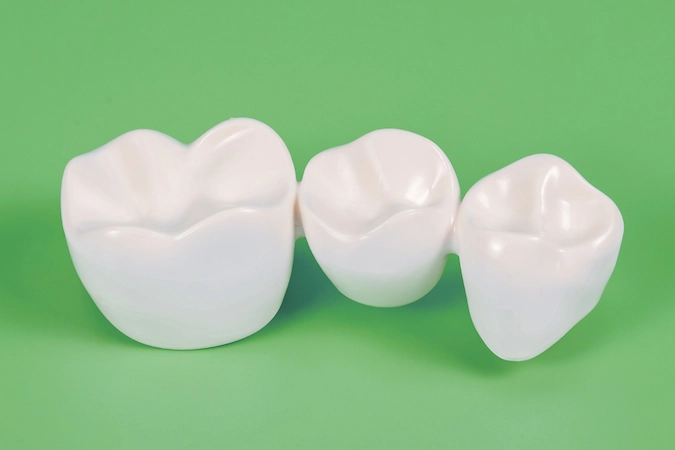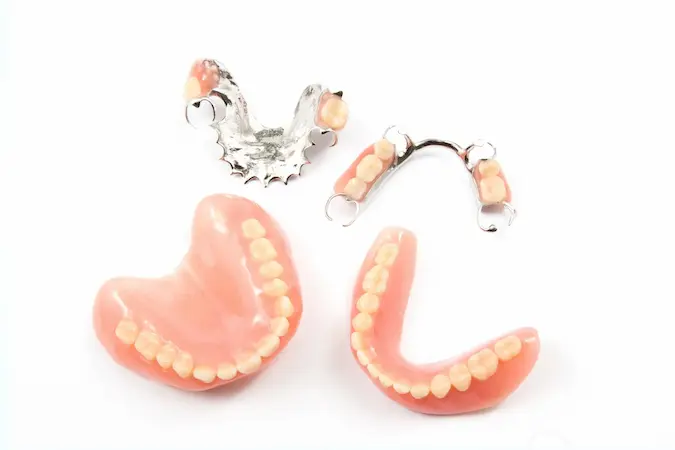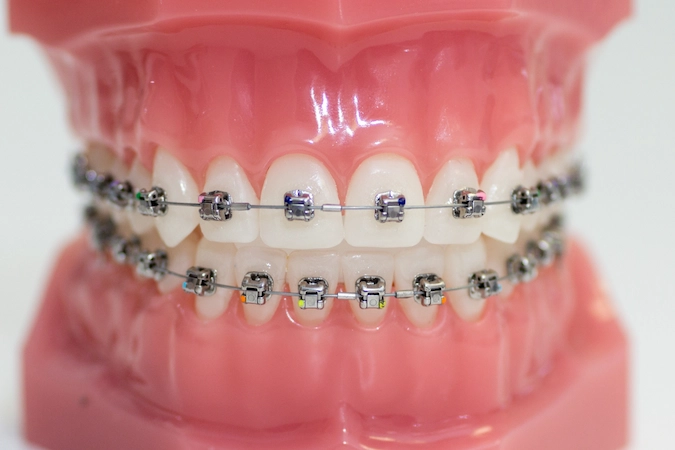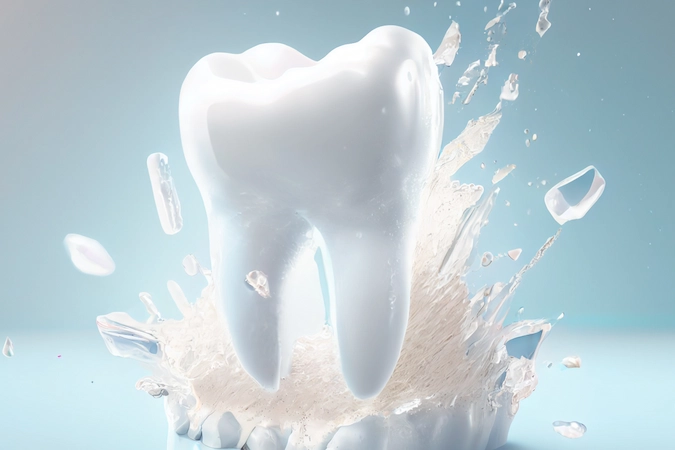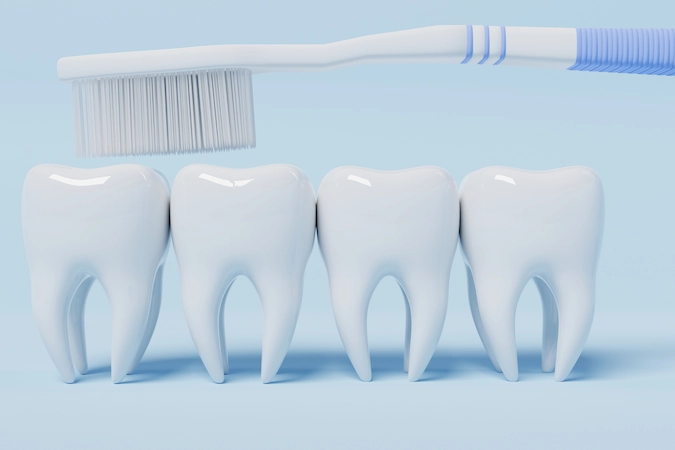
Dentra
Dentra was established in 1992. At the time, it was only confined to restorative dentistry. Today, however, Dentra has expanded into a chain of clinics, employing doctors with immense experience and skill who offer a variety of dental services within the curative, cosmetic, and surgical fields.
Dentra has high standards for quality dental care & solutions. Through constant training, development, and research, our professional dental staff continuously provide patients with an outstanding service. They are all passionate, meticulously selected specialists who have proven to be front-runners in their fields, devoting their time and efforts toward constant improvement and progress.
Our Mission
We understand that some patients may feel uncomfortable or uneasy regarding dental procedures, which is why we are dedicated to providing a pleasant and supportive environment. This, coupled with sophisticated dental care and state-of-the-art techniques, works to achieve the best outcome possible: an enhanced, whitened, and beautiful smile.
In order to uphold our exceptional standards, our staff members regularly attend dental lectures along with theoretical and practical sessions, keeping up with the latest dental procedures, equipment, products, and technological advances. Additionally, we maintain the highest standards for sterilization and hygiene, ensuring safe procedures for our patients and staff. Our clinics undergo daily inspections and quality assurance checks to provide and sustain the optimum environment for treatment.
Our Approach
As a team, we are constantly striving for improvement and setting new milestones for ourselves. They include:
In Dentra Clinics, we:
- Follow the American Dental Association safety procedures.
- Use the four-hand technique to prevent cross-infection.
- Use autoclave sterilization with Class (B+) Autoclave specialized for dentistry.
- Use chemical sterilization for instruments that cannot withstand heat.
- Use protective covers for all valuable equipment that cannot be sterilized, such as chairs and handles. These covers are discarded following treatments, and new covers are used for the next patient.
- Discard all disposable items that cannot be sterilized, such as needles, saliva ejectors, and gloves.
For more info, don't hesitate to contact us.

